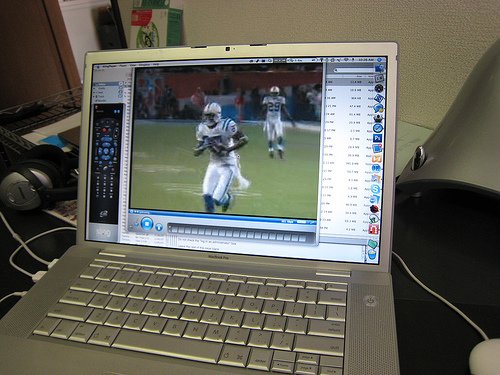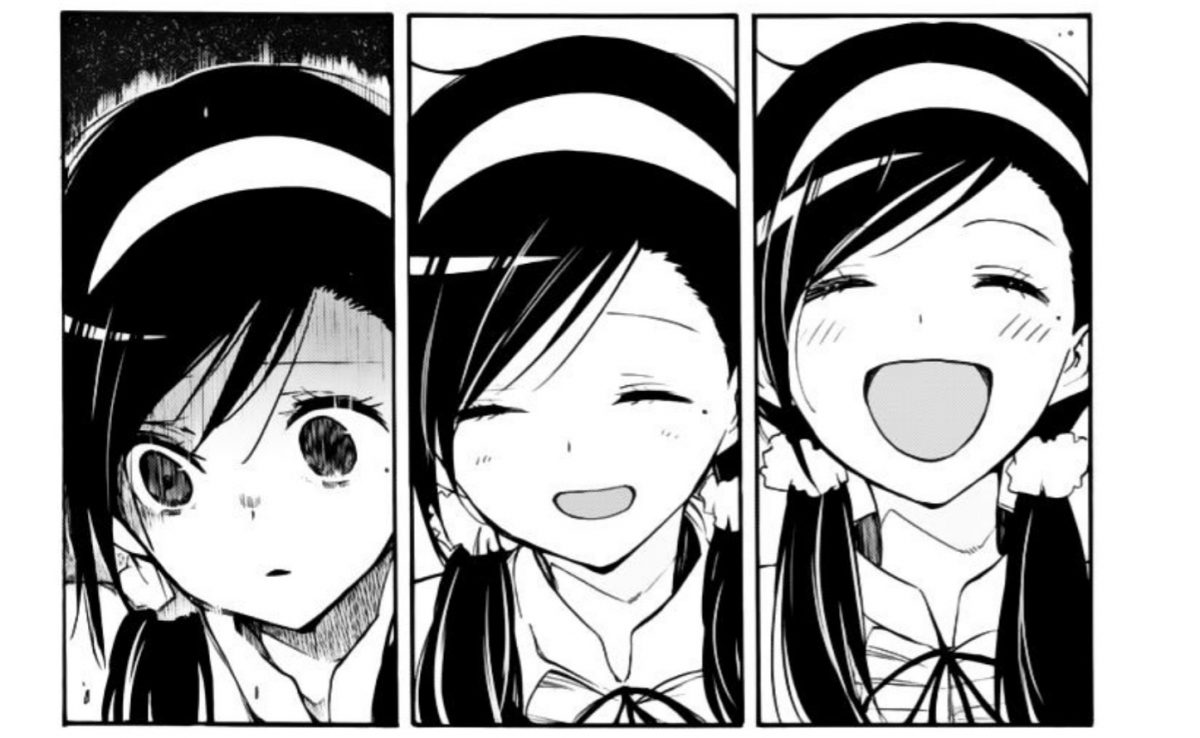That old planet Earth, she just keeps on getting smaller and smaller, and it’s a lot of fun to sit back and watch the process unfold from the other side of the world. When I came here back in 1991, Japan was a lot farther away from the U.S. than it is now — there was no Internet as we know it back when, of course, and calling home required biting the bullet and paying the $4-5 per minute to KDDI, definitely not a fun prospect. But since that time technology has really blossomed, pushing the “convenience quotient” for living in a strange place like Japan to dizzying new heights. The revolution in communication in the past decade and a half has been nothing short of incredible — cheap international calling with “callback” services, the arrival of email, speedier communication with instant messaging and Internet video conferencing, and Skype — I can even keep my cultural knowledge fresh thanks to Youtube. When I got here, there was exactly one source of news in English, the Far East Network radio station for the U.S. military, but now our cup runneth over with choices including podcasts from the BBC, NPR, NBC and more. Just as the maturity of the web has made it easy for people from all corners of the globe to order ninja boots or Black Black Caffeine Gum or Hello Kitty Mayonnaise Cups for your bento lunch from J-List, sites like Amazon.com are a huge boon to poor gaijin like me. I’ve finally attained the Holy Grail of Convenience for an expat in Japan, though, the absolute highest plane of Techno Nerdvanna — being able to watch the Superbowl live, as it happens, courtesy of a Slingbox. It sure beats seeing the game with announcers giving the play-by-play in Japanese, something I just can’t get used to.

You may know the Japanese word sumimasen, which generally corresponds to “excuse me” and is one of the more useful phrases to learn, but like most aspects of this place there’s a little more to it than appears on the surface. First and foremost, sumimasen (soo-mee-mah-SEN) is used in any situation where you need to apologize for something small, such as causing someone inconvenience by bumping into them in the street, calling the wrong number, or ordering curry with fried beef intestines accidentally because you couldn’t read the kanji in the menu, then asking for something else instead. Many situations which would call for a “thank you” in English work better with sumimasen in Japanese, something I learned at a public bath a few weeks after first arriving here. We’d stayed a few minutes after closing time, causing minor inconvenience to the staff who no doubt wanted to get home, and as we left my Japanese coworker said sumimasen to them (“we’re sorry for taking too long in the bath”) rather than the phrase I would have used, arigato (“thank you for letting us stay a few minutes past closing time”). When I asked about this, I was told that “‘Thank you’ sounds cheap. ‘Excuse me’ is a better word for Japanese people.” The sumimasen phrase is also used when asking for service in a restaurant, and one difference between Japan and the U.S. is that here, it’s okay to loudly use the phrase to indicate that you’re ready to order, whereas in the States you usually close your menu and sit quietly to be noticed most of the time. Like many Japanese phrases, you can use the all-purpose word domo (which loosely means “very”) to add a layer of politeness — domo sumimasen! (“I’m really sorry!”).
















